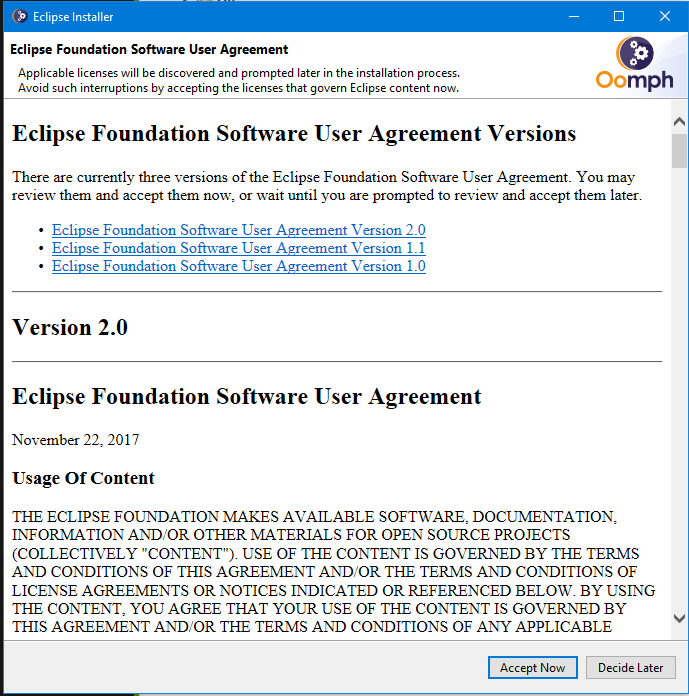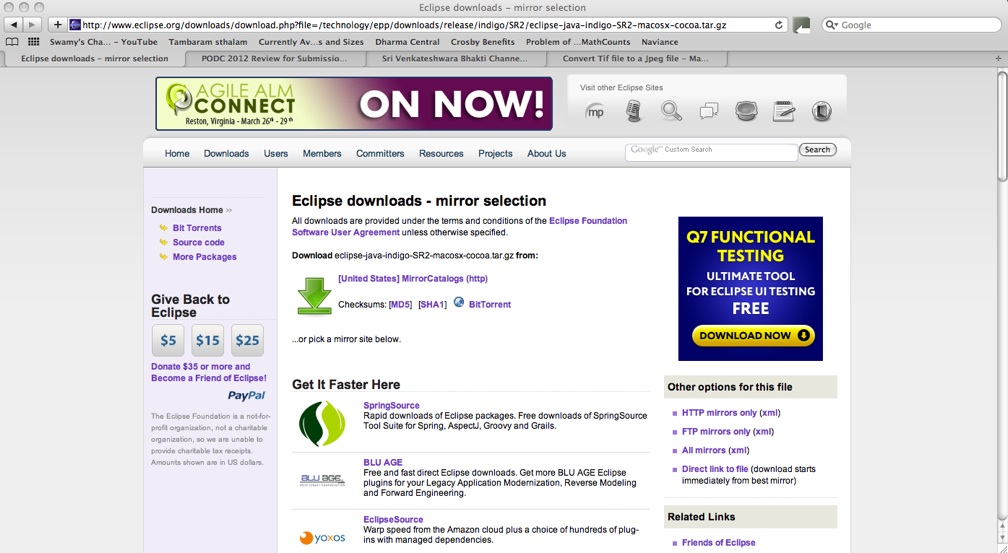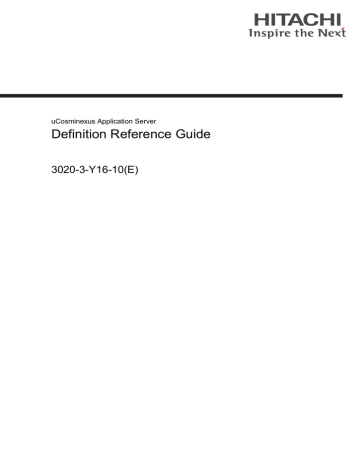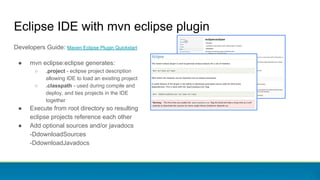

In general, it is limited by the R80.x Management APIs. This export/import script does not gather all data from a given management server/CMA. This option also prints the current version of the tool.Ĭurrent tool version is V3.0. An interactive menu will guide you the rest of the way.Ĭommand line flags may also be set in order to skip some or all of the menu.Ī lot more details can of course be accessed with the option. To export a package, run the import_export_package.py script. Instructionsĭownload the latest version from our GitHub repository: įirst, make sure you have installed on the machine running the script. In the Check Point SmartConsole you can easily replace each of these objects by searching "export_error" in the search field, see where each object is used, create the necessary object manually, then replace it. In such a case, an appropriate dummy object will be exported instead, and a message will be logged into the log files to notify you of this. There are some types of objects that the script might not be able to export. This tool enables you to export a policy package (Access Policy, Threat Policy or both) from a management server into a. The tool doesn't support exporting a policy with global policy assigned! Description In the case you are exporting a policy package from a CMA, please verify that a global policy was NOT assigned to that CMA. This tool can be used for backups, database transfers, testing, and more. tar.gz file, which can then be imported into any other R80.x management database. findLoadedClass() If the class is already been loaded then that will be cached by this method.ExportImportPolicyPackage tool enables you to export a policy package from a R80.x management database to a. If it can locate the specified file, then it calls the defineClass to convert the raw bytes to class object. findSystemClass() It locates the file from the local file system. It will take the raw bytes of data either from network or local file system and turns that into an class object.

defineClass() This method is final method which cant be overwritten. If resolveit is set to true prepares the class with all the references. Syntax: loadClass(String name, boolean resolvIt) name - name of the class to loaded resolveit - if set to true, all the reference classes should be loaded. loadClass() This is the only method which need to be overwritten. Before going to the code, we will see the explanation for these methods. Building a Simple Class Loader As i mentioned before custom class loaders can be built by sub classing with and overwriting some of the abstract methods. Uniqueness: According to principle the classes loaded be parent should not be loaded by the child. Visibility: The child class loaders can see the classes loaded by the parent class loaders but the vice-verse is not true. Delegation: Whenever the JVM requests for the class loader, the class loader consult it's parents before attempting to service it by itself. Class Loader Principles: There are mainly three principles followed in Class Loader. It can be created by extending the class and overriding the loadClass() method. Custom Class Loader: JVM also supports custom class loaders creation. System Class Loader: System class loader is the next level of Extension class loader and it loads the classes from the CLASSPATH. It loads the extension libraries from \jre\lib\ext\.

Extension Class Loader: Extension class loader is the next level class loader and it has bootstrap as a parent. It is the parent of all the other class loaders.This class loader loads the run time environment. Types of Class Loaders Bootstrap Class Loader: As of Java 1.2, Bootstrap class loader is embedded inside JVM. when calling the class using reflection libraries (class.forName).when the static method of a class is called.when a class has public static void main.When Classes needs to be Loaded? Class loading can happen in the following situation. Class loader loads classes in a platform dependent manner. Ex: ) as an input and attempts to locate or construct the class.

#Eclipse os x 10.13 httpservletrequest full
It takes class name (with full package notation. What is Java Class Loader A Class Loader is an object that is responsible for loading the classes. For example you want to show the name as "Sivaranjani " Normal Approach and Output Customer.Java package jaxb import java.io.File import java.io.IOException import java.io.Writer import import import import import .marshaller.CharacterEscapeHandler public class Marshalling Output: First Name: Sivaranjani Last Name: Rajadurai To explain more about this, i will reuse the same example explained in the above post. But there are situations when we don't want to escape the special characters. Please see full example on JAXB provides default escaping while doing the marshalling process. JAXB used to convert java objects to XML and XML to Java objects.


 0 kommentar(er)
0 kommentar(er)
